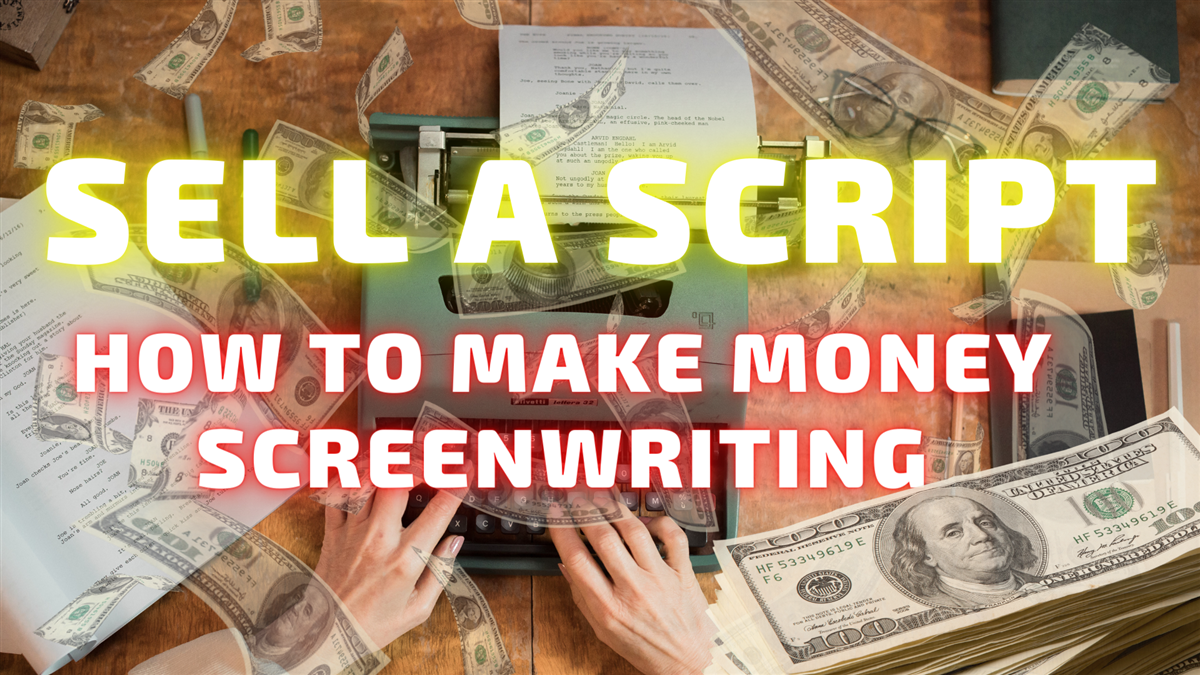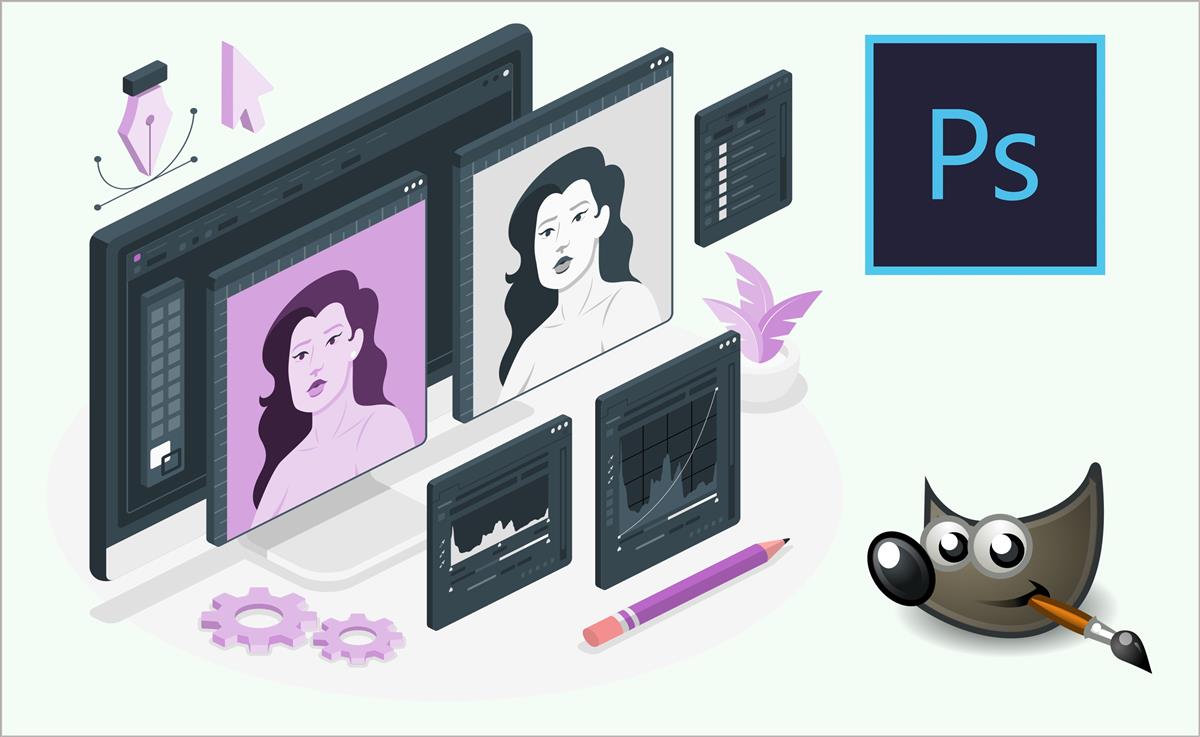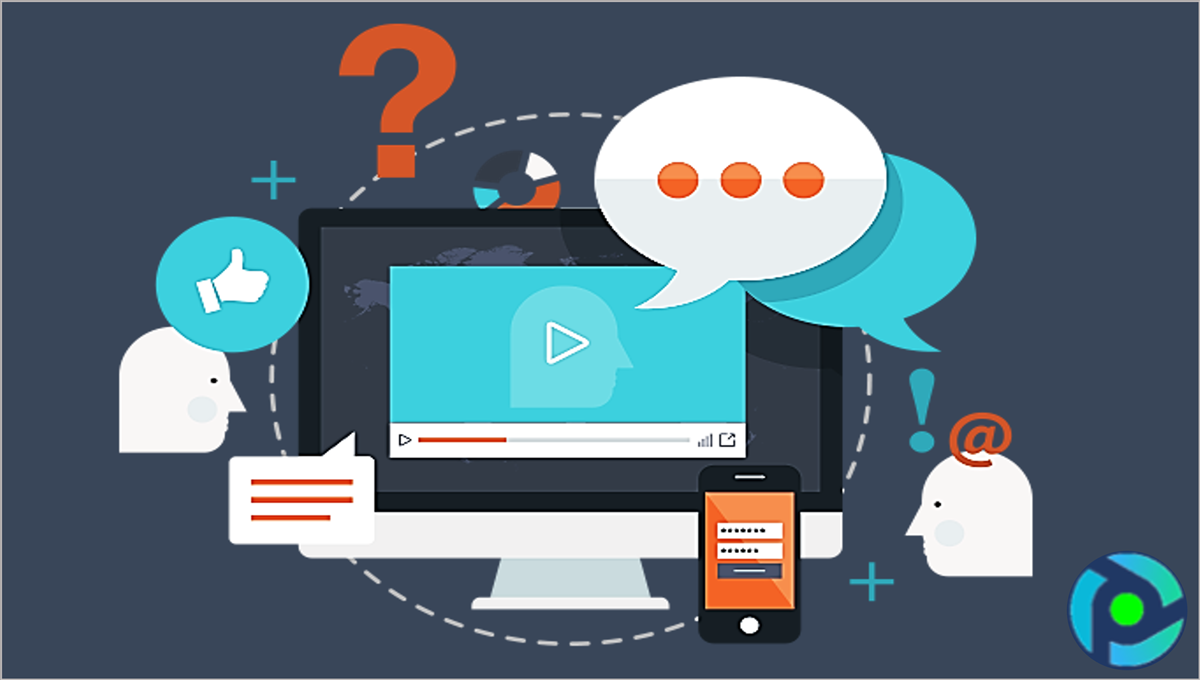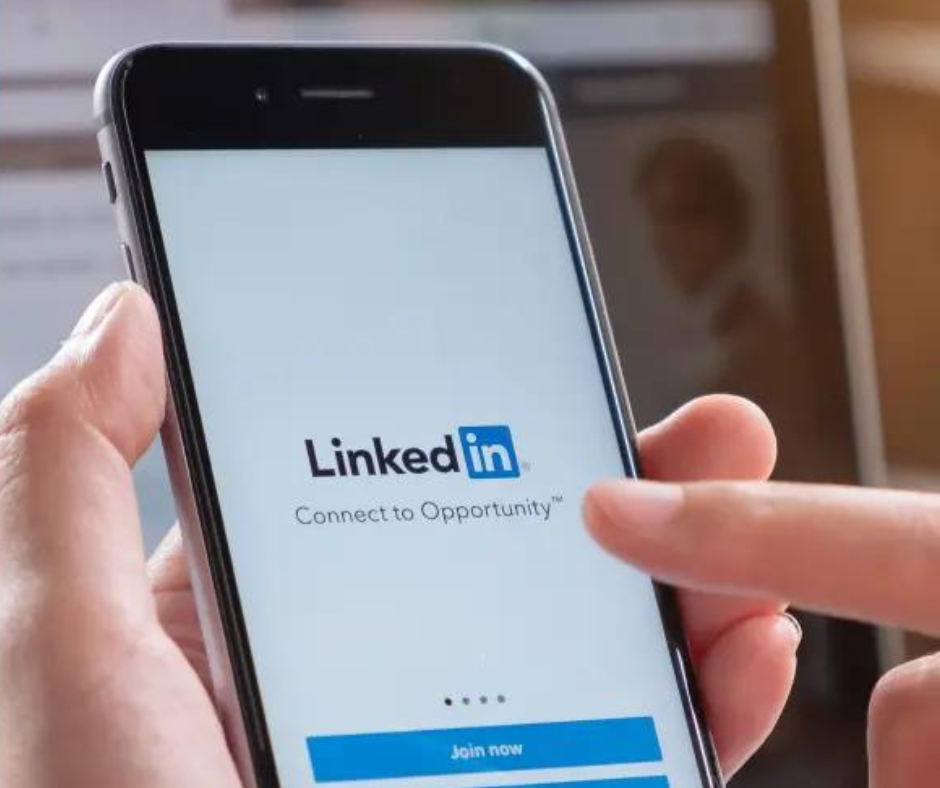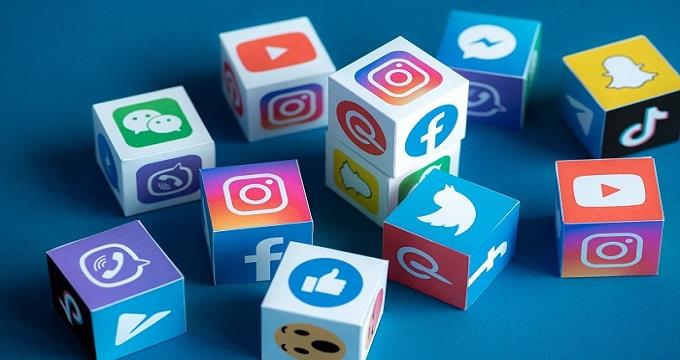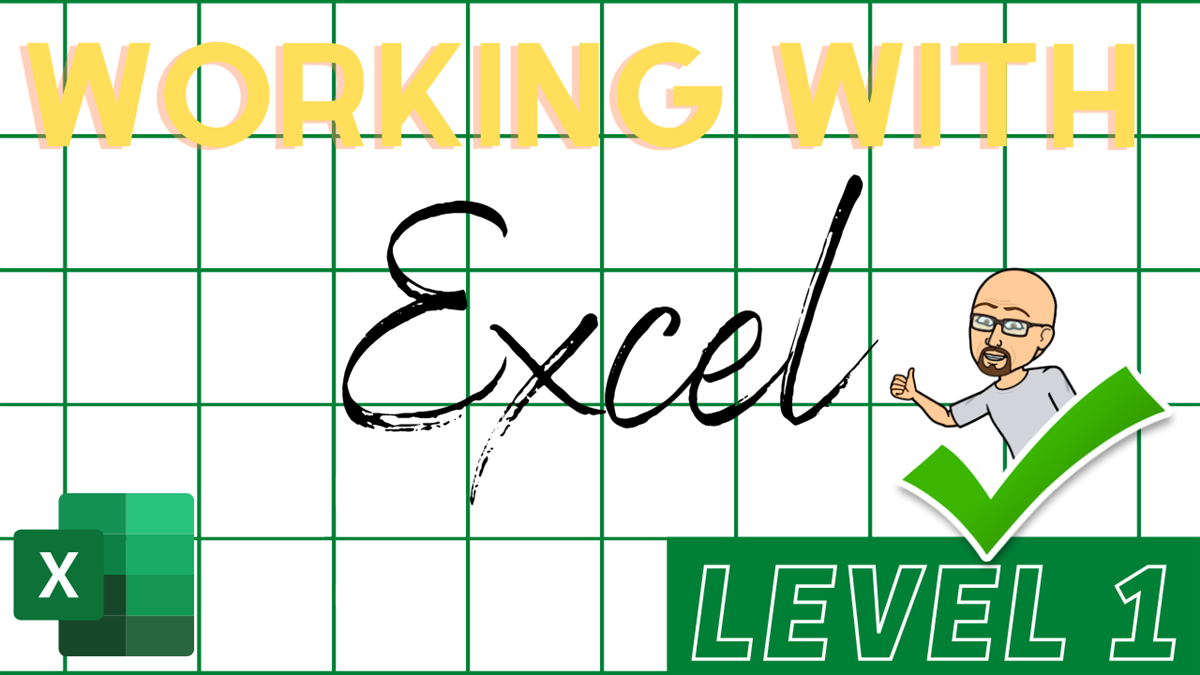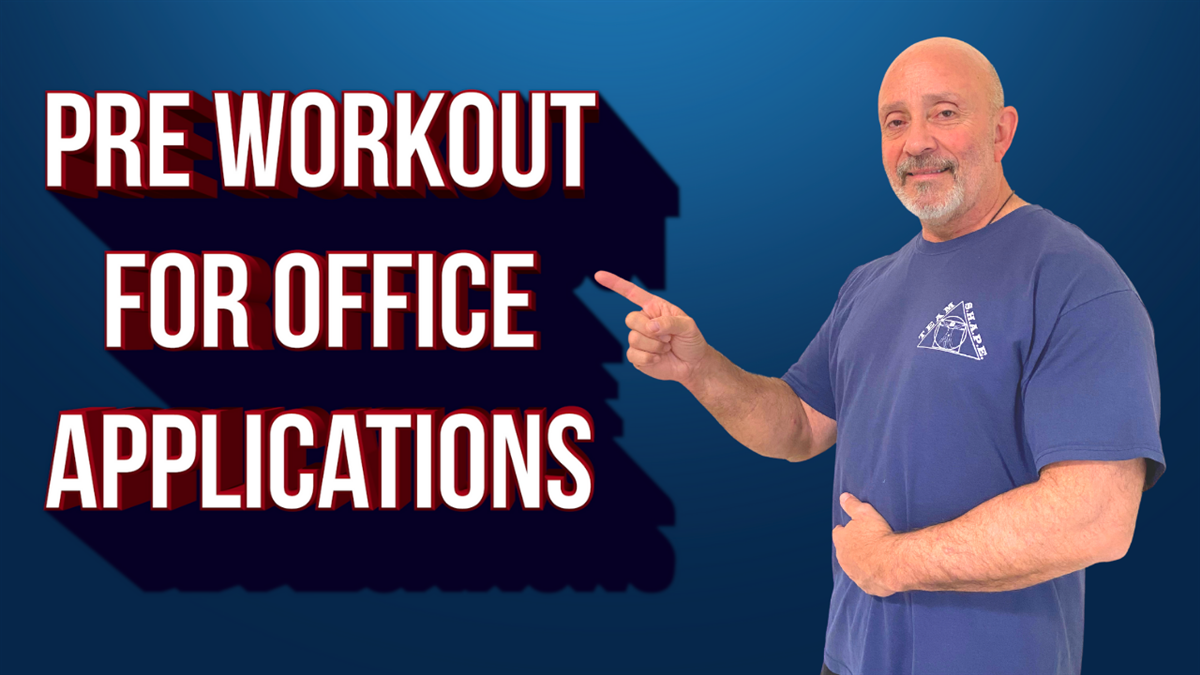
Facebook Marketing Course: Unlocking the Power of Social Media for Your Business
Facebook Marketing Course: Unlocking the Power of Social Media for Your Business
In today’s digital age, Facebook is more than just a place to connect with friends; it's a powerful marketing tool for businesses of all sizes. Whether you're a small business owner or part of a larger company, harnessing the potential of Facebook marketing can open up new avenues for growth. This article will serve as your complete guide to Facebook marketing, outlining the key steps, strategies, and best practices to help your business thrive on the world’s largest social media platform.
Why Facebook Marketing Matters
Facebook’s massive global reach makes it an essential platform for marketers. With over 2.9 billion active users, it provides businesses with an unparalleled opportunity to connect with a diverse audience. Statistics show that nearly 75% of Facebook users visit a business page at least once per week, making it a key driver of consumer engagement. Furthermore, Facebook’s advertising platform allows businesses to target their audience with precision, influencing purchasing behavior and increasing brand visibility.
Setting Up a Facebook Business Page
To begin your journey with Facebook marketing, the first step is setting up a Facebook Business Page.
- Adding a high-quality profile picture (usually your logo)
- Using a compelling cover image
- Filling out the "About" section with a clear and concise description of your business
- Including all relevant contact information and a link to your website.
- These elements are key to making a strong first impression on potential customers.
Understanding Facebook Ads
Facebook ads are the core of paid marketing on the platform. Unlike traditional ads, Facebook provides targeted advertising based on user behavior, interests, and demographics. Facebook ads appear in users’ newsfeeds, stories, and across Facebook’s audience network, offering various formats such as images, videos, and carousels.
Types of Facebook Ads
- Image Ads: Perfect for showcasing products or promotions with high-quality visuals.
- Video Ads: Engage users with dynamic content, often resulting in higher interaction rates.
- Carousel Ads: Let you display multiple images or videos in a single ad, ideal for highlighting different products or features.
- Collection Ads: Enable users to browse through a catalog without leaving the platform, making it easier to drive sales.
Targeting Your Audience
Facebook’s targeting capabilities are one of its strongest features. The platform allows you to segment your audience based on:
- Location
- Demographics
- Interests
- Behaviors
You can also use Custom Audiences to retarget existing customers or create Lookalike Audiences to reach new prospects who share similar traits with your current customers.
Crafting a Winning Facebook Ad Strategy
Before you dive into creating Facebook ads, it's important to outline your advertising goals. Whether you’re looking to drive traffic to your website, increase sales, or boost brand awareness, your ad strategy should align with these objectives. Additionally, budgeting and bidding are crucial aspects of any ad campaign. Start with a manageable budget and adjust based on performance metrics over time.
Organic vs. Paid Facebook Marketing
While Facebook ads are effective, organic marketing should not be overlooked. Organic content includes posts, images, and videos that you share without paying for reach. Although organic reach has diminished in recent years due to algorithm changes, it's still a valuable way to engage with your audience regularly and build brand loyalty. A combination of both organic and paid marketing often yields the best results.
Creating Engaging Facebook Content
High-quality content is the driving force behind successful Facebook marketing.To keep your audience engaged:
- Write concise and captivating posts
- Use high-quality images and videos
Additionally, Facebook rewards posts that generate meaningful engagement, such as comments and shares, with greater visibility.
Using Facebook Insights for Data-Driven Decisions
Facebook provides a wealth of data through its Facebook Insights tool. This feature allows you to track how your content is performing, offering detailed analytics on metrics like:
- Post reach
- Engagement
- Page views
- Follower growth
By monitoring these metrics, you can refine your content strategy and make informed decisions to enhance your overall marketing efforts.
Facebook Pixel: Maximizing Ad Performance
The Facebook Pixel is a piece of code that you can add to your website to track visitor behavior. It helps in measuring the effectiveness of your ads by tracking conversions, optimizing your ads for future campaigns, and building better-targeted audiences. Setting up the Facebook Pixel is essential for businesses that want to leverage data-driven strategies to boost performance.
Remarketing on Facebook
Remarketing is an incredibly effective tool that allows you to target users who have already interacted with your business. By showing ads to people who visited your website or engaged with your content, you can increase the likelihood of conversion. Facebook makes it easy to set up remarketing campaigns using the Pixel data or Custom Audiences.
The Role of Facebook Groups in Marketing
Facebook Groups are often an underutilized tool in marketing strategies. Groups foster community around specific interests and offer a platform for direct interaction with customers. By creating or joining relevant groups, businesses can build a community, offer customer support, and increase brand trust.
Best Practices for Facebook Marketing
Success in Facebook marketing is all about consistency. Here are some best practices:
- Post regularly, but don’t overwhelm your audience. Ideally, 3–5 times per week.
- Use Facebook’s scheduling tools to plan your content in advance.
- Experiment with different content formats (live videos, stories, etc.) to see what resonates best with your audience.
Conclusion
Facebook marketing offers a range of opportunities to grow your business by connecting you with a global audience. By setting up a solid foundation with a well-optimized business page, leveraging both paid and organic marketing tactics, and using data-driven insights, you can effectively boost your brand's presence on Facebook. The platform’s wide range of ad formats and powerful targeting options make it suitable for businesses of all sizes. Now is the perfect time to implement these strategies and take your marketing efforts to the next level.

